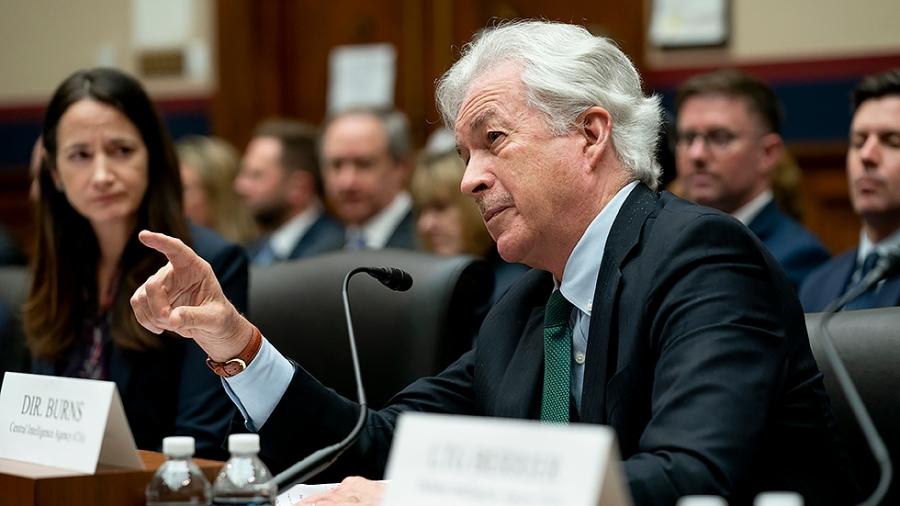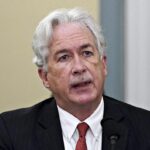
CIA Director William Burns said Thursday that the U.S. cannot “take lightly” the possibility that Russia could use tactical nuclear weapons as it grows more desperate in its military attack on Ukraine.
“Given the potential desperation of [Russian] President [Vladimir] Putin and the Russian leadership, given the setbacks that they’ve faced so far militarily, none of us can take lightly the threat posed by a potential resort to tactical nuclear weapons or low-yield nuclear weapons,” Burns said Thursday following a speech at Georgia Tech.
The CIA chief noted, however, that the U.S. has not yet seen “practical evidence” of Russia moving to use such weapons.
“While we’ve seen some rhetorical posturing on the part of the Kremlin about moving to higher nuclear alert levels, so far we haven’t seen a lot of practical evidence of the kind of deployments or military dispositions that would reinforce that concern,” Burns said. “But we watch for that very intently, it’s one of our most important responsibilities at CIA.”
Burns was referring to Putin’s statements earlier in the invasion that he was putting Russia’s nuclear forces on a heightened state of alert. The U.S. did not change its nuclear posture in response to Putin’s directive.
Burns made the remarks in response to an audience question from former Sen. Sam Nunn (D-Ga.) following his first public speech as CIA director on Thursday.
The U.S. has warned that Russia could use chemical or biological weapons in Ukraine, but Burns’s comments were the most extensive public warning about the potential threat of nuclear weapons.
During his prepared remarks, Burns spoke at length about Russia’s war in Ukraine and the way in which the U.S. intelligence community has declassified and publicly released intelligence information in order to throw off Putin’s war plans.
“By being open with some of our secrets, we made it harder for Putin to obscure the truth of his unprovoked and vicious aggression,” Burns said.
He also said President Biden is concerned with avoiding a third world war in Europe, a worry that has kept the U.S. from establishing a no-fly zone over Ukraine or accepting a Polish plan to transfer Soviet-era fighter jets to Ukraine.
Biden announced on Wednesday new plans to send $800 million in additional security assistance to Ukraine. The president has also imposed a raft of sanctions on Russia in response to the invasion.
For the latest news, weather, sports, and streaming video, head to The Hill.




